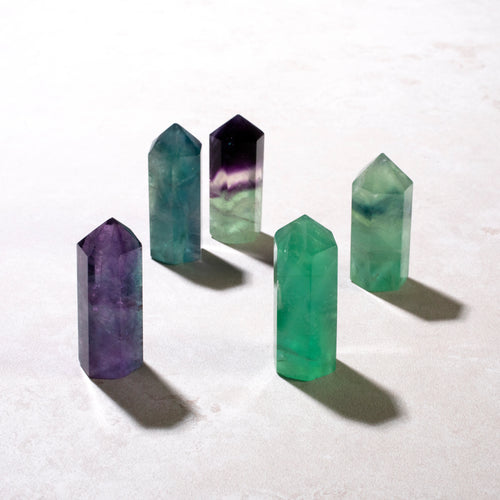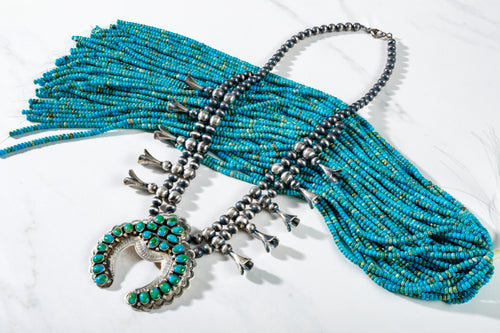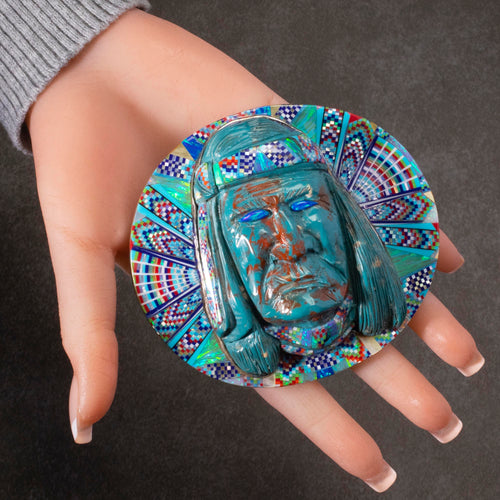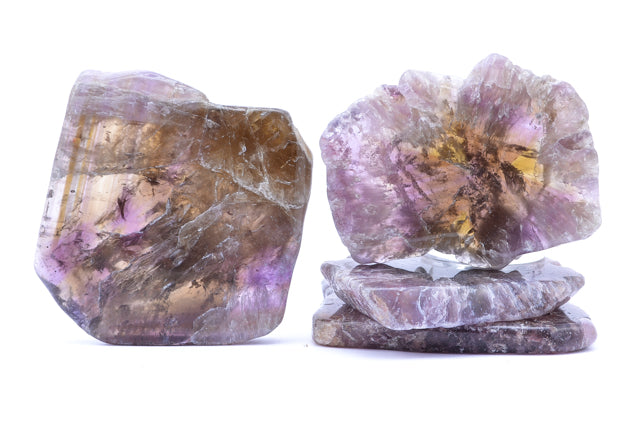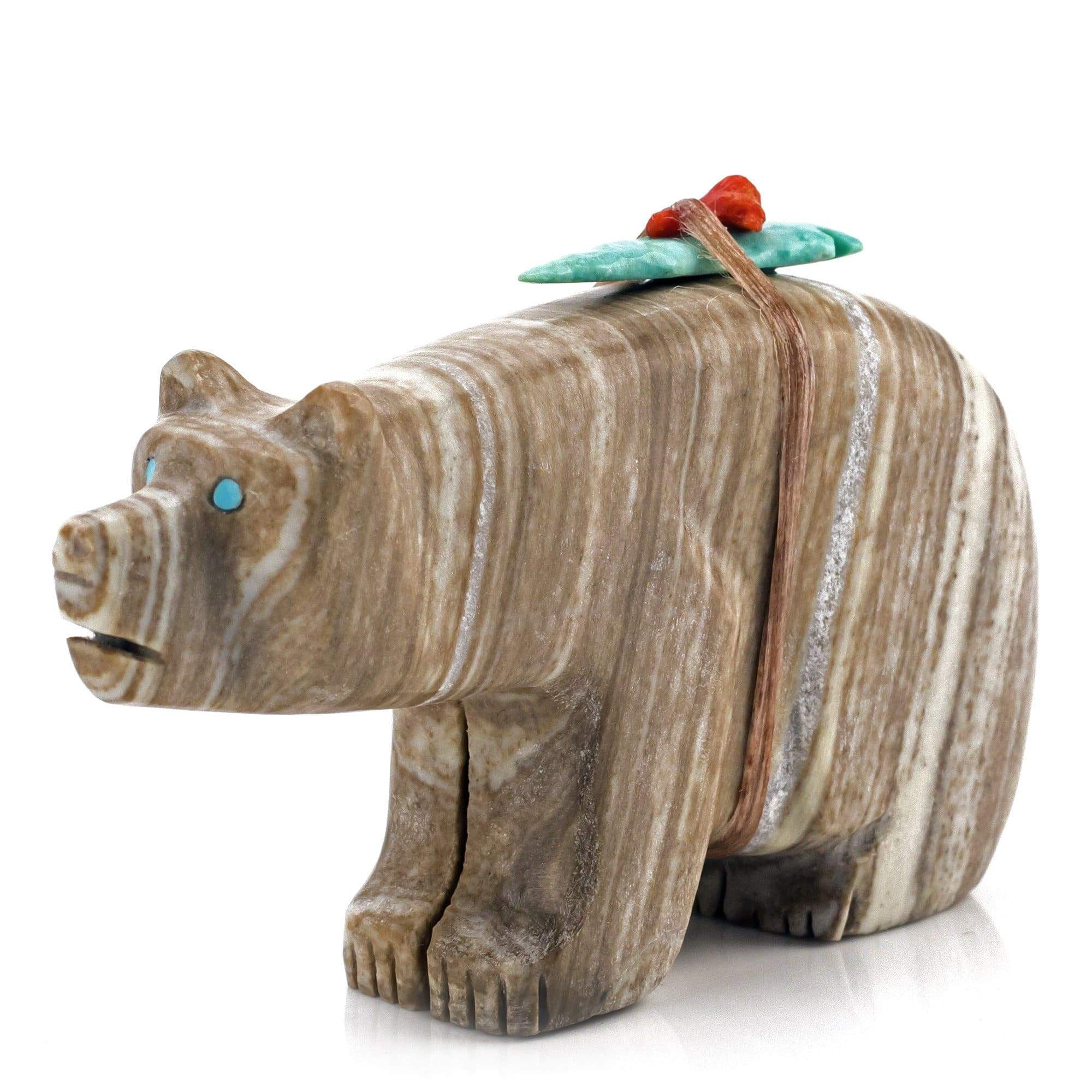
Exploring the Spiritual and Cultural Significance of Zuni Fetish Carvings
What is a Zuni Fetish Carving?
Zuni fetish carvings are small sculptures, usually made of stone, bone, shell, or wood, that are believed to hold spiritual power and offer protection to the owner. These carvings have a long history among the Zuni people, who are native to what is now New Mexico and Arizona in the United States.
Fetish carvings are traditionally made by Zuni fetish carvers, who are highly respected members of the community. Each carving is believed to represent a specific animal spirit, such as a bear, wolf, eagle, or buffalo, and is thought to embody the qualities of that animal. For example, a bear fetish might be used to bring strength and courage, while a wolf fetish might be used to bring wisdom and guidance.
Some Fun Facts about Zuni Fetish Carvings
In addition to their spiritual significance, Zuni fetish carvings are also prized for their beauty and craftsmanship. The carvings are often intricately detailed, with fine lines and delicate features. Many collectors appreciate the unique style and skill of the Zuni fetish carvers, and seek out these carvings as a way to own a piece of cultural history.
Fetish carvings are not just limited to traditional animal spirits. Some Zuni carvers also create fetishes of mythical creatures, such as dragons or unicorns, or of objects, such as arrows or drums. These fetishes are thought to hold special powers and meanings as well.
Buy a Zuni Fetish Carving for Yourself from Kalifano
If you are interested in purchasing a Zuni fetish carving, it is important to choose a reputable source. Kalifano is a well-known company that offers a wide range of beautifully crafted Zuni fetish carvings for sale. We work closely with Zuni carvers to ensure that each piece is authentic and made with care, and we offer a 100% satisfaction guarantee. When you purchase a Zuni fetish carving from Kalifano, you can be confident that you are getting a high-quality, authentic piece that has been made with respect for the cultural traditions of the Zuni people.













